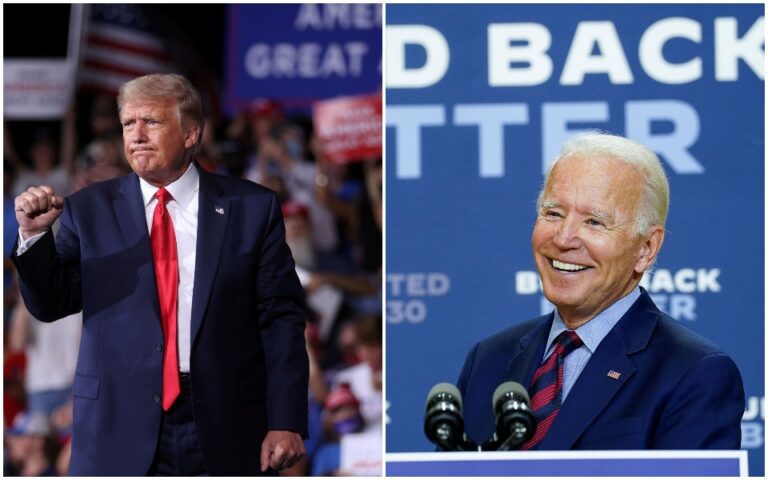As the U.S. presidential election enters its home stretch, the various ethnic and social groups that make up the mosaic of American society are trying to present their causes and secure commitments on the issues that concern them most. In this context, the Greek-American community must exert its influence on both sides of the political spectrum to draw attention to Turkish provocations in the Aegean Sea and the Eastern Mediterranean.
US President Donald Trump’s friendship with Turkey’s Recep Tayyip Erdogan means he is not playing the role Athens and Nicosia would like him to play. On the other hand, Trump is also the only foreign leader Erdogan seems willing to listen to. Of course, what he said to the Turkish leader will have to be very clear if Erdogan is to change course and the Greek-American community must push to ensure that Trump’s position is the best possible.
At the same time, he must also urge Democratic candidate Joe Biden to take as clear a position as possible on the need to reduce tensions caused by Turkey in the region. Turkish officials might prefer to see Trump re-elected, but they also know that they cannot ignore any American president, even if he is not the one they wanted. Despite his sympathy as a senator and vice president for Greek and Cypriot affairs, Biden has avoided taking a strong stance on the current situation. He was even reserved in his reaction to the transformation of Hagia Sophia into a mosque. Such silence is difficult to justify from a politician with in-depth knowledge of the issues at stake.
The upcoming election is obviously about America itself and the candidate is naturally focused on domestic issues. Citizens are not really interested in foreign affairs, which means that this subject does not feature prominently on pre-election programs either.
But the next few weeks will be crucial in shaping public opinion, including that of the Greek-American community. It is not just about the votes and economic support they will give to the candidates, but also about the merits of the situation in geopolitical terms.
Stability in the Eastern Mediterranean is also an American issue, and achieving it cannot be achieved through threats and tensions, but only through dialogue.
Greek American citizens should demand answers from both candidates on two simple questions: Are they concerned about the situation in the Eastern Mediterranean and what do they propose to do to improve it? They also expect a clear message to be sent to Ankara, making the situation worse.
Even a close ally of both countries who does not want to appear to favor either side cannot ignore the simple reality that Turkey is not only creating tensions with Greece and Cyprus, but is also on a collision course with France, Israel and Egypt. and the United Arab Emirates, countries to which Greece and Cyprus – like the United States – are close and with which they cooperate, particularly on defense and security issues.


